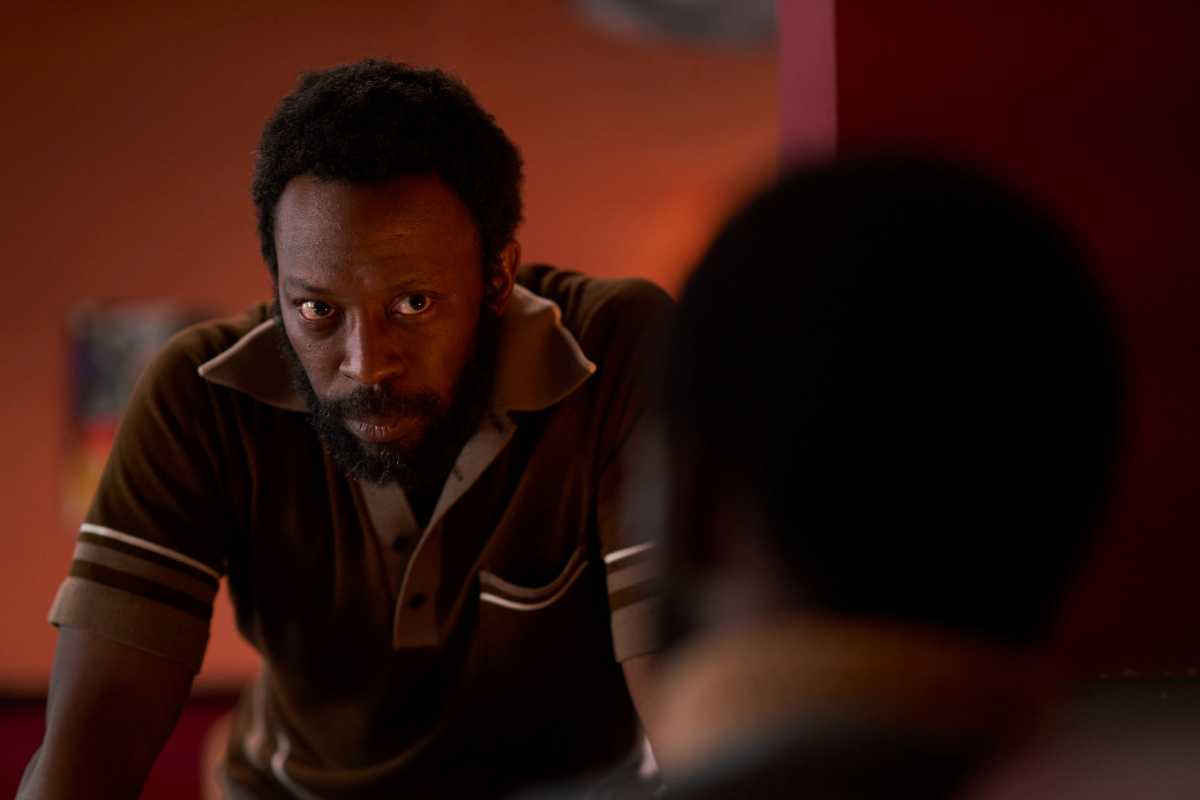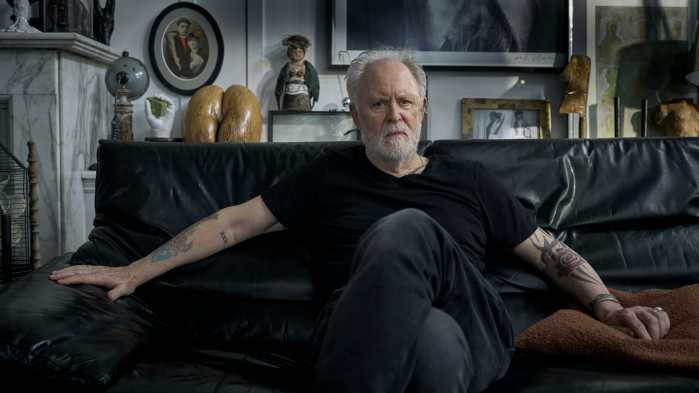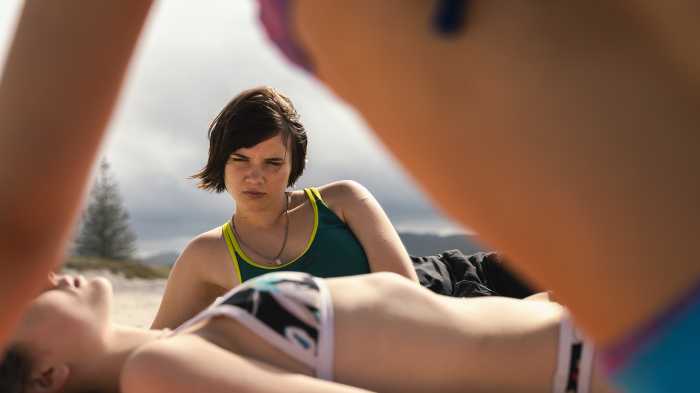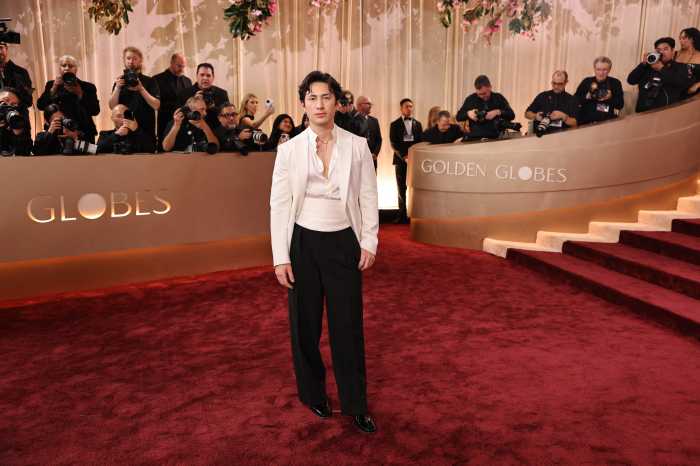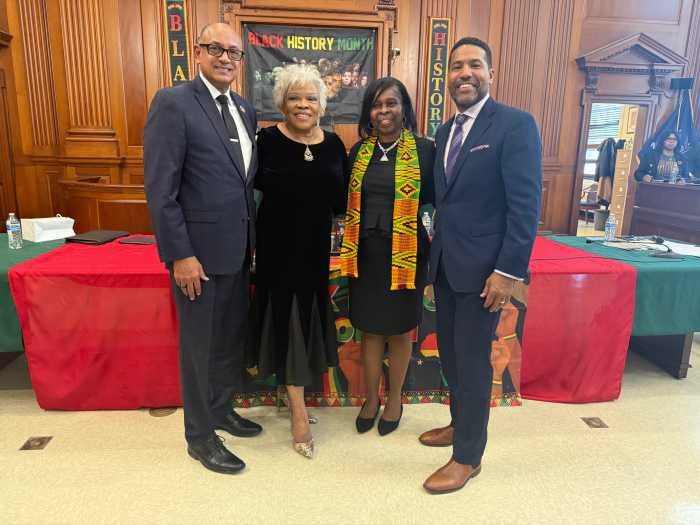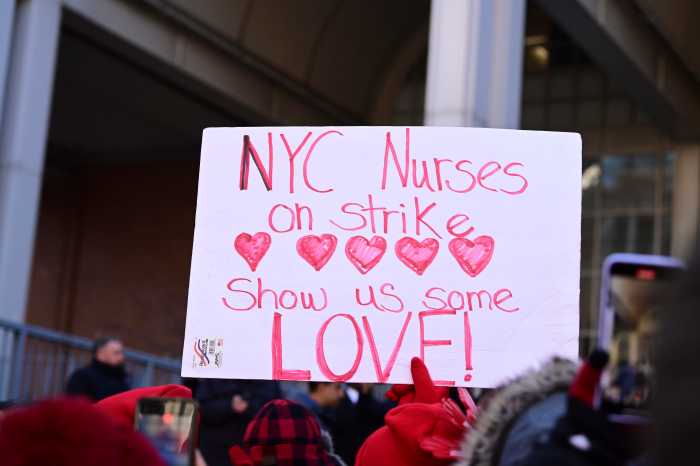It’s not quite news that the boundaries between film and TV are rapidly dissolving. The freedom that directors who had worked in TV found making movies now tends to be reversed. But maintaining a barricade between the media is an American reflex, to a large extent. In the 1970s, New German Cinema was financed by German state TV; in the ‘90s, the French TV series “All the Boys and Girls of Their Time” produced some of the best films of its time, especially Olivier Assayas’ “Cold Water.”
“Lovers Rock,” the best of the three episodes of Steve McQueen’s limited series “Small Axe” that I’ve been able to preview, feels very close to “All the Boys and Girls of Their Time” in its ecstatic treatment of music and dance. But “Small Axe” also falls into the tradition of British made-for-TV movies of the ‘70s and ‘80s. Unbeknownst to Americans until much later, Alan Clarke was then building a body of work that rivaled Fassbinder’s or Godard’s. Mike Leigh and Stephen Frears were preparing for larger budgets and audiences, and even films like “Robin Redbreast” and “Ghostwatch” showed how an ambitious director could put TV’s constraints to work for them.
Steve McQueen’s “Mangrove” first in his “Small Axe” series probing the UK problem with race
“Mangrove,” set in London’s Notting Hill neighborhood and starting in 1968, is the opening episode of “Small Axe.” (Each episode will premiere on a Friday on Amazon Prime.) Although West Indian-born Frank Crichlow (Shaun Parkes), owner of the Mangrove restaurant, is fairly apolitical at first, he’s created a de facto community hub. That makes it a target for a police force so racist that they interrupt card games to “nick a Black bastard” at random. (“Mangrove” makes no attempt at reassuring white audiences by introducing a sympathetic white cop.) It becomes the gathering place for members of the UK’s Black Panthers. When the police raid it, Crichlow and eight activists go on trial.
“Small Axe,” whose title comes from an African proverb that inspired a Bob Marley song, is set in Britain’s Afro-Caribbean community from the late ‘60s to the early ‘80s. Each episode tells a different story, with a new cast of characters. But put together, they tell a collective history of Black Britain. When it played as the opening night film of this year’s New York Film Festival, the warmth and celebratory joy of “Lovers Rock” were astonishing. Those have never before been qualities I associated with his work. McQueen’s worst film, “Shame,” is a deliberately cold and clinical view of a sex addict’s life, with bottoming out represented by turning to gay sex. Even better films like “Hunger” and “12 Years a Slave” feature extended scenes of men suffering, implicitly espousing a Christian worldview of spiritual progress through physical pain.
While Amazon Studios (the co-producer and American distributor of “Small Axe”) did not grant access to all of the series’ films, “Mangrove” and “Red, White and Blue” tell parallel stories that add up, if seen together, to a patchwork quilt of Black Brits navigating their country’s legal system. The fact that both tell unfinished stories is crucial to their impact.
McQueen has used the TV format to make films of any length he chooses: “Lovers Rock” is barely feature-length, while “Mangrove” runs more than two hours. But the latter devotes half of its time to a trial sequence, only to inform the audience that Crichlow would go on trial three times for trumped-up charges. While he got acquitted each time, there’s no sense of triumph or even closure here. “Mangrove” acknowledges that even a fairly long feature can’t do justice to Crichlow’s life or the restaurant’s place in its community.
When I saw “Red, White and Blue,” I thought that it ended too quickly and abruptly. Profiling real-life policeman Leroy Logan (John Boyega) as he faces racism from his colleagues and disapproval from his family and the Black community for joining their oppressors, it ends 20 years before he decided to quit the force. The reasons why he stayed remain mysterious. But taken as a whole, there’s no real central character in “Small Axe.” “Lovers Rock,” which has minimal interest in narrative, comes closest to explicitly acknowledging this.
The running time of “Mangrove” could stand to be shorter, and it’s hard to make endless trial scenes, incorporating speeches and grand gestures, feel fresh. But in place of the neat Hollywood ending and star turns of Aaron Sorkin’s “The Trial of the Chicago 7,” set around the same time as “Mangrove,” McQueen’s version of courtroom drama feels genuinely chaotic and nerve-wracking. Like the rest of “Small Axe,” “Mangrove” reminds us that its story of Britain is still unfinished — both in a literal sense, because a second season set later in time may be on the way, and because the promises of justice and freedom made by the UK to Black immigrants have yet to be fulfilled.
MANGROVE | Directed by Steve McQueen | Amazon Studios | Starts streaming Nov. 20

